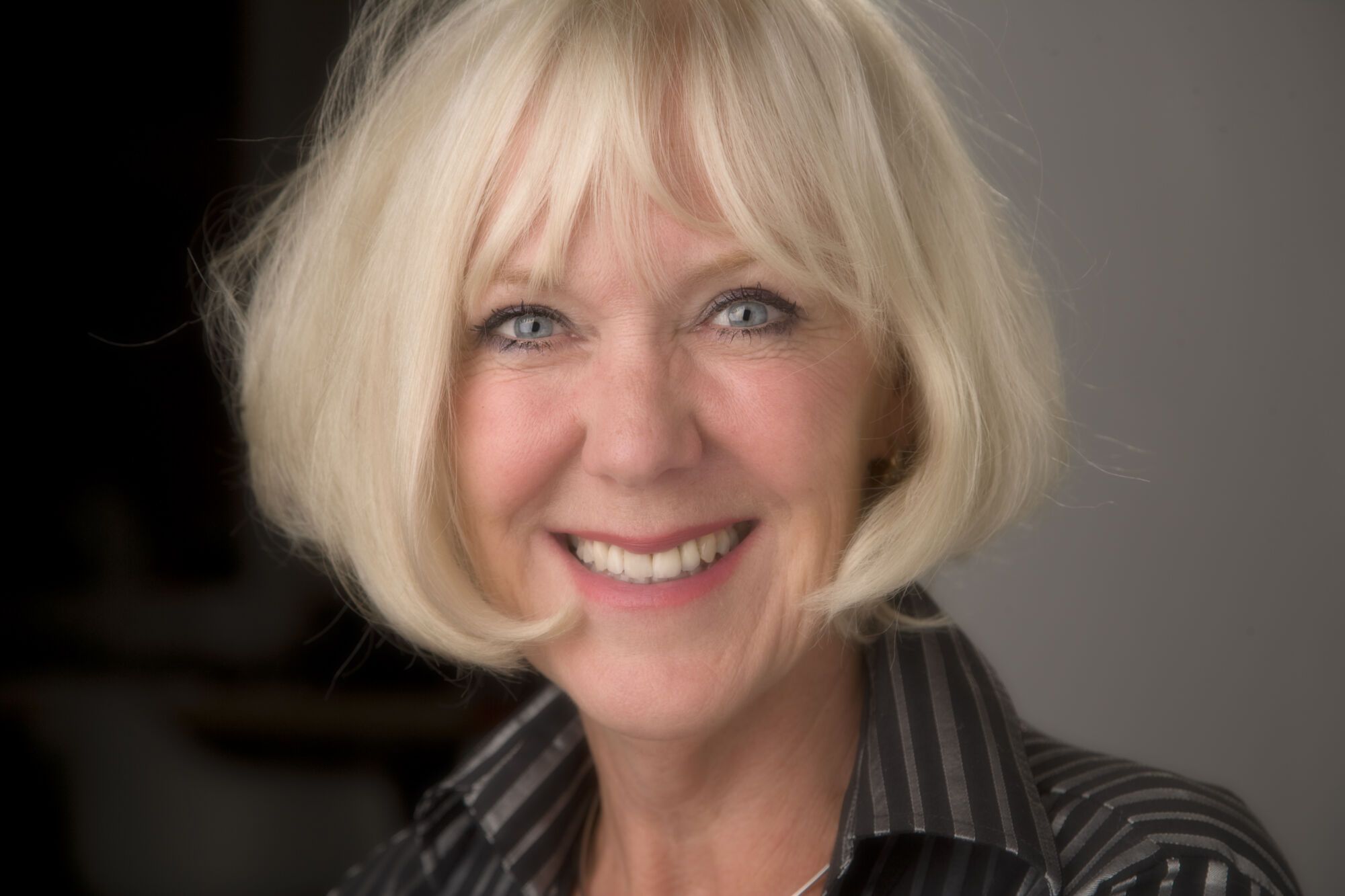Denmark is threatening to pull out of the International Whaling Commission (IWC) due a conflict over increasing Greenland’s permitted catch of whales, reports Politiken newspaper.
Greenland is entitled to catch 211 whales, mostly common minke whales, under a practice known as aboriginal subsistence whaling. This bypasses the 1986 ban on whaling and allows whaling by communities that have traditionally relied upon whale meat in their diet.
At their last meeting in July 2012, the IWC turned down Greenland’s demand to increase its quota by ten whales a year over concerns that the demand for the meat was not as high as Greenland claims.
But Greenland has protested against the IWC's decision and has insisted it will raise its quota anyway.
The Danish government argues that by setting its own independent quota, Greenland is contravening IWC regulations and unless the conflict is resolved by the end of the year, the Kingdom of Denmark will have to withdraw from the IWC, much to the disappointment of environmental conservation groups.
“It is very sad because global co-operation in this case is both sensible and necessary,” Mette Frost from the World Wildlife Fund (WWF) told Politiken newspaper.
She added that while the WWF supported Greenland’s right to keep its traditional whale hunts, it would be best for global whale population that they agree upon their catch with the IWC.
“Whale populations move and don’t know national borders which is why it doesn’t work to make national quotas without the green light from the international community,” Frost said.
Karl Lyberth, Greenland's minister for fisheries, hunting and agriculture, condemned Denmark for making a decision about the Kingdom’s membership in the IWC, which would affect many Greenlanders.
In an opinion piece in Politiken today, Lyberth wrote that Greenland was forced to set its own quota last year in order to ensure food for its population.
According to Lyberth, quotas for aboriginal subsistence whaling are set according to scientific and logistical criteria but the IWC’s demand for Greenland to lower its quota in 2013 contradicted these.
As a result, Greenland had no other choice but to introduce its own national regulation and Lyberth argues that Greenland is not breaking with the IWC in this situation because the IWC “permits national regulation if a government has protested against an IWC decision”.
“Many Europeans live in a society where they can simply walk to the supermarket and buy pre-packaged meat that was raised and slaughtered by other people,” Lyberth wrote. “In Greenland we go out into nature and catch our food and therefore we are responsible for own food supply. Whale meat is a basic food because whales live near our coasts.”
In a recent comment on the issue, Denmark's foreign minister, Villy Søvndal (Socialistisk Folkeparti), said he sympathised with Greenland’s point of view.
“[But] we have to suffer the consequences if we cannot find a solution. We cannot have a situation in which we do not live up to the convention we have signed.”













